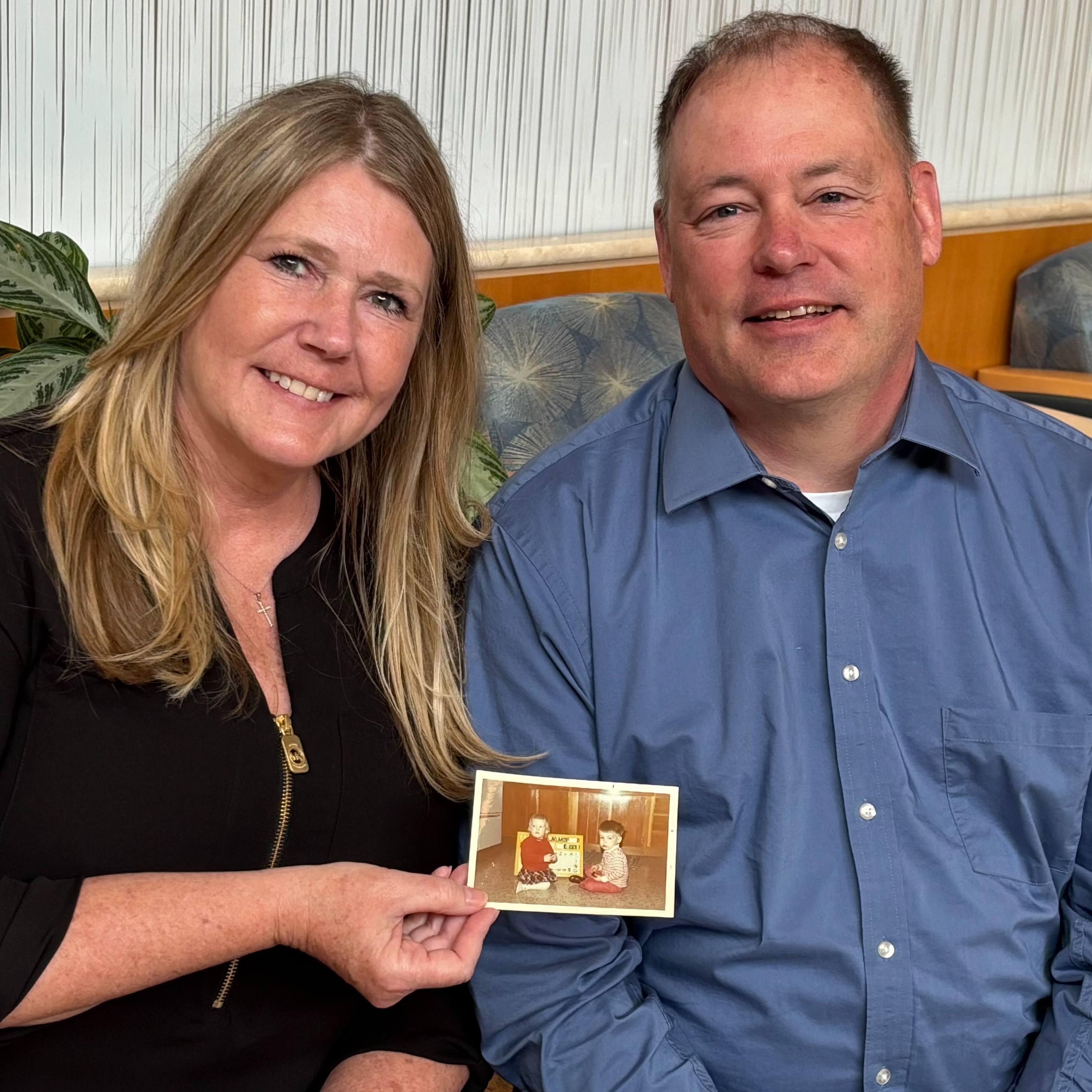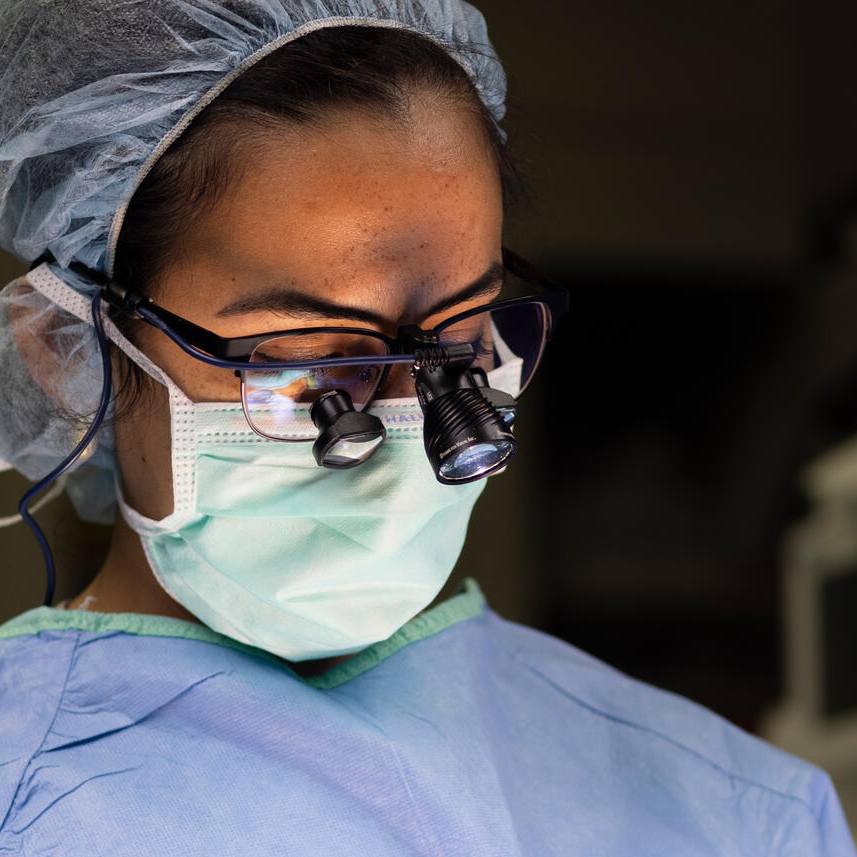-
Infectious Diseases A-Z: HPV infection rates among men

More than 45-percent of American men are infected with genital HPV, according to a recent study published in JAMA Oncology. The study also found the HPV vaccination rate for men at 10.7 percent. Dr. Gregory Poland, director of the Mayo Clinic Vaccine Research Group, calls HPV "is ubiquitous in our culture and environment" – and one that can be prevented with vaccinations.
"This virus causes two major problems: cancers – and there are about seven of them that it causes – and genital warts. And as physicians, we see these horrific problems."
Watch: Dr. Gregory Poland discusses HPV.
"People are aware of the connection with cervical cancer, but it [HPV] causes vaginal cancer, labial cancer, anal cancer, oral cancer, penile cancer," says Dr. Poland. "These are completely preventable. Imagine completely preventing a cancer by a vaccine. That’s the power of this vaccine."
The HPV vaccine guidelines from the Centers for Disease Control and Prevention recommend that children ages 11-12 should receive two doses of the vaccine at least six months apart. This is a change from the previously recommended three-dose series. Adolescents and young adults older than 15 should continue the three-dose series.
Dr. Poland urges parents to have their children vaccinated, "The risk is essentially zero, and the benefit is incalculably large."
The study by the Womack Army Medical Center is the first national estimate of genital HPV infection among men 18 to 59 in the U.S. The study authors conclude that male HPV vaccination may have a greater effect on HPV infection transmission and cancer prevention in men and women than previously estimated.
The Centers for Disease Control and Prevention says that, each year, about 14 million Americans become infected with HPV. Most of those infected are teenagers or young adults. A vaccine was introduced in 2006 to help prevent HPV-related cancers; however, the HPV vaccine continues to be the most underused childhood immunization, especially for boys.
Related posts:
- Mayo Clinic Cancer Center endorses updated HPV vaccine recommendations (Jan. 11, 2017)
- Mayo Clinic Minute: Doctors urge use of HPV vaccine (Oct. 27, 2017)
- HPV vaccine now comes in two doses for preteens (Oct. 21, 2016)







